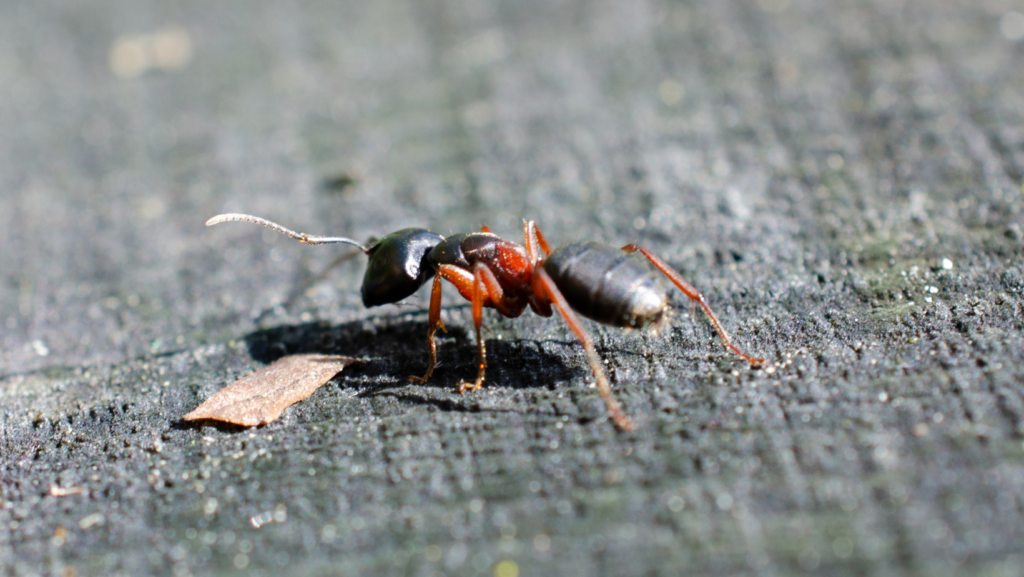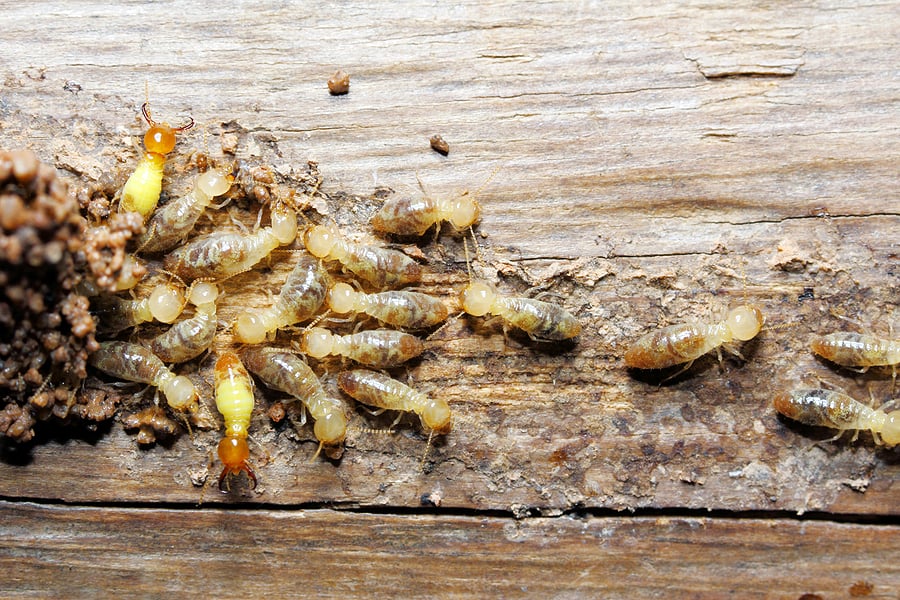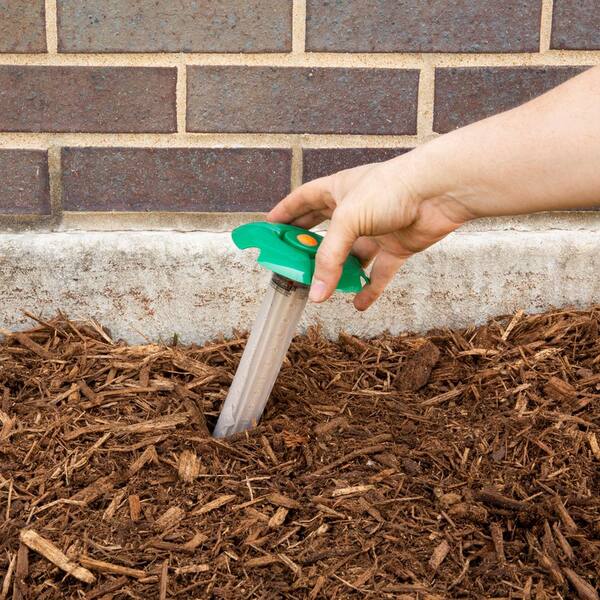Comprehensive Termite Control: Safeguard Your Building with Professional Services
Comprehensive Termite Control: Safeguard Your Building with Professional Services
Blog Article
Environmental Effect of Bug Control: Harmonizing Efficiency With Sustainability
The environmental effect of pest control is a crucial problem that requires a delicate equilibrium in between accomplishing effectiveness in taking care of bugs and making sure sustainability of our ecosystems. As we make every effort to secure our crops, homes, and wellness from the hazards postured by bugs, the techniques we employ can inadvertently harm the setting. From the use of unsafe chemicals that seep into our soil and water to the unexpected consequences on non-target species, the repercussions of conventional bug control techniques are far-reaching. There are arising approaches that supply hope for an extra sustainable strategy to pest management. These options not only objective to attend to the immediate bug issues however likewise think about the long-lasting health of our world.
Damaging Chemicals in Bug Control
The utilization of damaging chemicals in parasite control presents considerable environmental and health and wellness threats that warrant mindful factor to consider and reduction approaches. Herbicides, pesticides, and pesticides are typically used to eradicate parasites, but their prevalent application can cause unexpected effects. These chemicals can pollute dirt, water sources, and the air, impacting not just the targeted pests yet additionally useful insects, wildlife, and humans.

To resolve these dangers, incorporated parasite monitoring (IPM) strategies are being advertised as an extra sustainable alternative. IPM involves a mix of approaches such as organic control, habitat control, and the targeted use of pesticides as a last option (ant control pineville nc). By adopting a holistic method to pest control, we can lessen the environmental and health effects related to unsafe chemicals while effectively taking care of pest populations
Impact on Non-Target Types
Considering the unintended consequences of insect control techniques, the influence on non-target types is a vital element that requires extensive assessment. While parasite control procedures aim to target specific parasites, other microorganisms in the community may be inadvertently impacted. Non-target species, including valuable pests, birds, creatures, and also plants, can experience indirect or straight injury from pesticide applications or organic control techniques.
Chemicals can have deadly or sub-lethal impacts on non-target species. For instance, pesticides made to fight a certain bug pest might hurt pollinators like bees or all-natural predators such as ladybugs. Furthermore, chemical deposits can accumulate in the atmosphere, influencing non-target organisms gradually. Likewise, organic control representatives, otherwise species-specific, can pose dangers to unintentional targets, disrupting the ecological balance.
To mitigate the effect on non-target species, integrated pest monitoring (IPM) techniques that emphasize an all natural technique to pest control are recommended. These techniques focus on the use of ecologically friendly methods, reducing injury to beneficial organisms while successfully handling pest populations. Performing detailed danger analyses and monitoring the outcomes of insect control initiatives are crucial action in safeguarding non-target types and advertising general ecosystem health.
Soil and Water Contamination
Unintended environmental repercussions of insect control approaches expand beyond influencing non-target types, with significant effects for dirt and water contamination - termite control. Pesticides, herbicides, and chemical plant foods utilized in pest control can leach into the soil and infect groundwater, posturing a risk to both water and terrestrial communities.
Water contamination is another essential problem connected with pest control practices. Drainage from agricultural fields treated with chemicals can lug these chemicals right into neighboring water bodies, affecting water microorganisms and water top quality. Pollutants in water sources can have far-ranging effects, influencing not just water life however additionally human health via the usage of polluted water or aquatic organisms. To minimize soil and water contamination from bug control tasks, incorporated bug monitoring approaches that prioritize sustainability and lessen chemical inputs are vital.
Air Pollution From Pesticide Use
Exposure to airborne chemicals throughout farming applications poses a substantial problem for air pollution control actions. They can volatilize right into the air and kind unstable natural compounds (VOCs) and various other air-borne contaminants when chemicals are splashed onto plants - termite control services. These chemicals can add to the development of ground-level ozone, a major element of smoke that can have damaging effects on human wellness, crop productivity, and overall air high quality. Additionally, pesticide drift, where pesticides are lugged by the wind to unplanned areas, can bring about the contamination of close-by communities and water bodies.

Techniques for Lasting Pest Control
In the world of agricultural practices, implementing lasting parasite control methods is critical for keeping environmental balance and guarding crop yields. Sustainable bug control emphasizes making use of eco-friendly techniques to take care of pest populaces effectively while minimizing harm to non-target microorganisms and ecosystems. Integrated Parasite Management (IPM) is an extensively taken on approach that combines biological, social, physical, and chemical control approaches to achieve lasting pest management options.
One secret method in sustainable parasite control is advertising biodiversity within agroecosystems. By boosting natural adversaries of bugs, such as killers and parasitoids, farmers can decrease the requirement for synthetic chemicals. Crop turning and diversification are also reliable strategies to interfere with pest life cycles and create much less desirable conditions for insects to prosper. Furthermore, making use of pest-resistant plant varieties and employing methods like web link catch chopping can help in reducing parasite pressure without relying heavily on chemical treatments. Ultimately, by incorporating these lasting bug control strategies, farmers can attain an equilibrium between pest monitoring performance and environmental stewardship.
Verdict
Finally, the ecological influence of bug control approaches should be thoroughly considered to balance performance with sustainability. Hazardous chemicals made use of in pest control can result in dirt and water contamination, air contamination, and injury non-target species - termite control. It is essential to apply sustainable pest control methods to decrease these negative impacts on the setting and advertise a much healthier ecological community for future generations
By adopting an alternative strategy to pest control, we can reduce the environmental and health influences associated with unsafe chemicals while properly taking care of pest populations.

To alleviate the air pollution caused by chemical usage, it is important to embrace incorporated parasite management methods that prioritize the use of non-chemical bug control approaches, such as crop turning, natural killers, and resistant plant ranges. Lasting insect control emphasizes the usage of environmentally pleasant methods to take care of pest populaces properly while reducing damage to non-target microorganisms and communities. Integrated Pest Monitoring (IPM) is a widely taken on approach that incorporates organic, social, physical, and chemical control approaches to achieve long-term parasite administration options.
Report this page